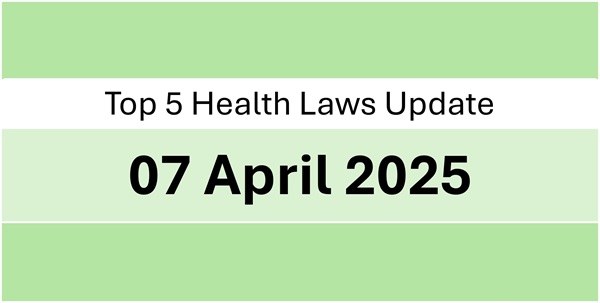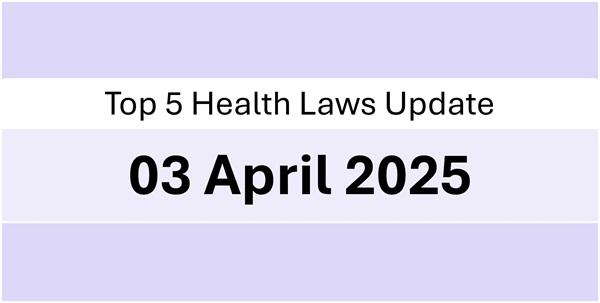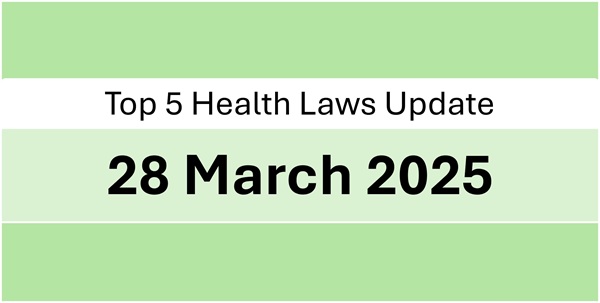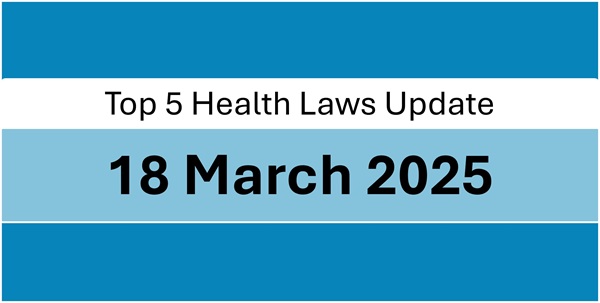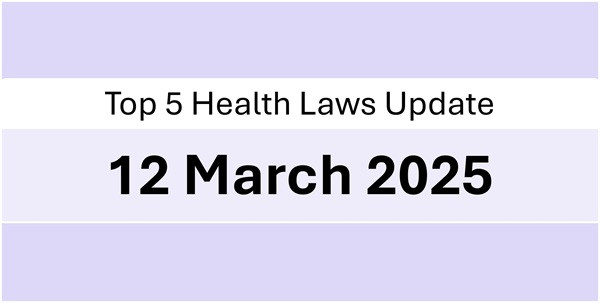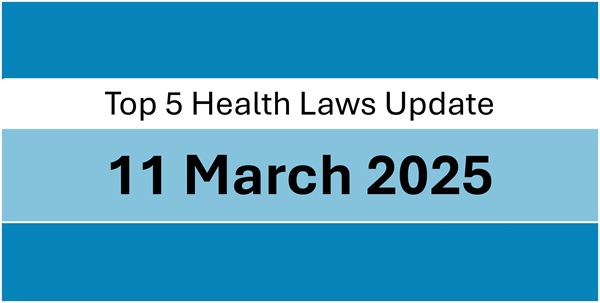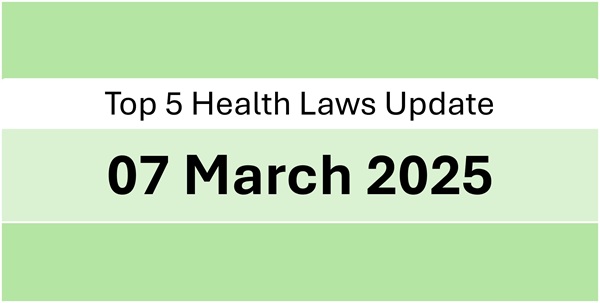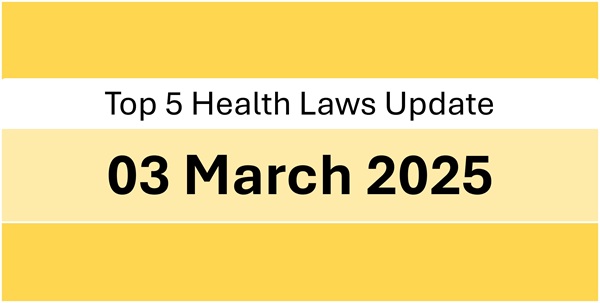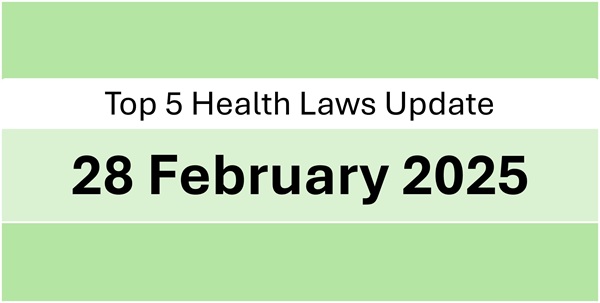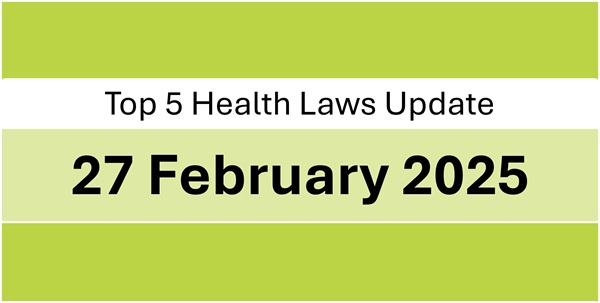Dear Readers, we are happy to share the most interesting legal and policy updates concerning health industry that we read today. we hope you enjoy reading it.
1. The RBI’s revised draft for the Foreign Exchange Management (Export and Import of Goods and Services) Regulations, 2025, mandates repatriation of unutilized advances if imports aren’t completed within the contract period. If outstanding advances exceed Rs 25 crore, future imports must be secured with an irrevocable standby letter of credit or an international bank guarantee.
Source: bit.ly/4jrYGCl
2. Major global pharma companies are reportedly setting up Global Capability Centres (GCCs) in India, driven by the country’s tech talent amid the global economic slowdown. Experts predict that India’s GCC sector will surpass $100 billion by 2030, with significant growth in the Life Sciences and Healthcare sector.
Source: bit.ly/4j1ZZYO
3. The Gujarat Food and Drug Administration has reportedly assured the Indian medical device manufacturers that the differential pricing order for cardiac stents, implemented under the Ayushman Bharat scheme, will be repealed. Under this scheme, stents approved by the US FDA are priced at Rs 25,000, while those approved by the Indian regulator are priced at Rs 12,000.
Source: bit.ly/42lIV8K
4. India’s Department of Animal Husbandry and Dairying (DAHD) has mandated that all poultry farms across the country must register with their respective state animal husbandry departments within a month. This initiative is part of the Centre’s strategy to enforce strict biosecurity measures in response to the ongoing H5N1 avian influenza outbreak affecting multiple states.
Source: bit.ly/4251YFL
5. The Supreme Court of India reportedly rejected a plea to ban children under 13 from social media which was filed over concerns about mental health and addiction. It stated the issue is a policy matter for the government, not the judiciary, and advised approaching relevant authorities or Parliament.
Source: bit.ly/4cqw7Tx

